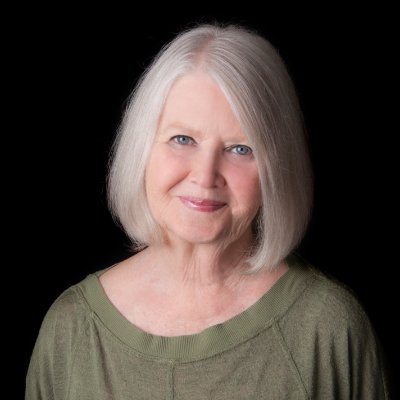 When Donna Dechen Birdwell was about ten years old, she became obsessed with the idea that if she was thinking with her brain, she ought to be able to think how it works! She’s been trying to wrap her mind around reality (and how humans experience it) ever since. After a brief stint as a newspaper reporter, she made a career out of anthropology – that utterly boundless science of humankind and how we got here – and then sidestepped into Buddhist philosophy and then art and photography and writing stories that tend to fall somewhere in the neighborhood of speculative and/or science fiction.
When Donna Dechen Birdwell was about ten years old, she became obsessed with the idea that if she was thinking with her brain, she ought to be able to think how it works! She’s been trying to wrap her mind around reality (and how humans experience it) ever since. After a brief stint as a newspaper reporter, she made a career out of anthropology – that utterly boundless science of humankind and how we got here – and then sidestepped into Buddhist philosophy and then art and photography and writing stories that tend to fall somewhere in the neighborhood of speculative and/or science fiction.
Donna earned her Ph.D. in anthropology from Southern Methodist University in Dallas and previously taught at Lamar University in Beaumont, Texas.
Why did you choose to self-publish?
Sometimes what presents itself as a choice ends up being a commitment. When I wrote my first novel (way back in 2014) I intended to go the traditional route. I wrote the query letters. I struggled over a synopsis. I found the hook. I took classes on all this stuff from Writers’ League of Texas (super helpful folks!). And then I started hearing the horror stories from writers who searched for years for an agent. Or they got an agent and then an editor, rewrote the (same) novel several times…and never found a publisher. All of this rejection could take literally years to come to fruition! I was already 66 years old in 2014 and I had more books I wanted to write. I didn’t want to spend a big chunk of the rest of my life just trying to get the first book out there. I had a friend who was self publishing. I thought it looked easy enough. SPOILER ALERT: It wasn’t! (Keep reading.)
What tools or companies did you use, and what experience did you have?
My tools are simple – Microsoft Word, paper notebooks, mechanical pencils, Photoshop, and Calibre for transforming my Word documents into epub files. (I format my paperbacks using Word. Once they’re saved as PDF documents, there is no room for error.) I strongly recommend paying professionals for cover design, editing, marketing, and publicity.
My current series benefits from professional cover design (Robin Vuchnich at mycustombookcover.com) although my first four books have covers that I designed myself using Photoshop. I honestly can’t recommend DIY covers. My first book is now on its fourth cover, a testament to just how difficult it is to learn what works and what doesn’t work. Being a good artist or designer is not enough—you have to know the “language” of genre and cover art and how to make it work for your book.
Hiring an editor can be tricky. I got burned the one time I hired someone without seeing samples of their work first. Make sure the editor knows (and likes) your genre. My most recent experience has been with Yellow Bird Editors here in Austin, and they’re a super professional organization and a pleasure to work with. Confession: My first career (before anthropology) was in journalism, and I am a super picky editor myself.
Marketing and publicity were the furthest things from my mind when I published my first book, and I’ve made some mistakes here, too, mainly because I accepted generic advice that wasn’t appropriate for my books and the kind of readers I was trying to attract. I take up this topic under “tips” below.
Given the fact that I’m now five books into this self-publishing thing, the answer is obviously “yes.” I’m committed to self-publishing. And let me be clear: Whether I like it or not, I’m committed to self-publishing. Trying to move from self pub into traditional publishing is almost impossible unless you can come up with a best-seller. But I’m committed in another sense, too: I believe in self-publishing. I believe in authors taking charge of their entire creative life, product, and business. I also believe in editors and designers and marketing experts and publicists making themselves available, at a fair price, to indie authors as well as to traditional publishers.
What do you think are the main pitfalls for indie writers?
I think the biggest pitfall is believing that self-publishing is easy. It isn’t. Self-publishing means you have to take responsibility for absolutely every aspect of your product and your business. You also have to care about your readers and be willing to court them.
There are other pitfalls, depending on what kind of writer you are. If you have just that one book that you’ve been working on a long time and you want to get it out there, that’s a different set of problems than being the writer of many books. But in either case, beware of the vanity publisher or anyone who tries to make you believe publishing a book can be easy for you. If you really care about your product, it’s not easy.
What tips can you give other authors looking to self-publish?
The biggest difference between traditional publishing and self-publishing is that with the former you (ideally) get a whole team of people who are ready to invest in your success—agent, editor, designer, publicist, marketing staff. They have decided that you have a product that is worthy of such investment. As indies, we have to be willing to make the same kind of investment. If we believe in our own potential for success, if we believe our books are worth it, then we have to make investments of both time and money in every aspect of the venture.
What was your steepest learning curve during the publishing process?
Honestly, the hardest thing was trying to figure out who I am as a writer. When I retired from my academic career as an anthropologist, all I wanted was to shed that identity and be recognized as a creative. I worked as an artist for a while and enjoyed modest success. But even there I came to realize that much of my art was informed by what I had learned about art and human nature in anthropology. Now I embrace all of me—anthropologist, artist, author—because all of that is who I am, not just as a writer, but as a human being.
As a writer, what is your schedule? How do you get the job done?
My best writing is done in the morning. I get my coffee, I check my social media, and then I review what I wrote the previous day to get the juices flowing. If I hit an impasse, I go for a walk, recording voice notes whenever an inspiration strikes. I have the advantage of being a “retired” person, so I can fix my own schedule exactly the way I want it. But I think all of us need to know what hours we tend to be at our most creative. Trying to write when we’re mentally exhausted or still half asleep is hopeless.
Tell us about the genre you wrote in, and why you chose to write this sort of book.
Four of my five published novels are speculative fiction and even my one contemporary fiction book has touches of science fiction in it. It’s just the way my mind works; I’m inspired by all the “what-ifs” of the world we live in. I see connections and implications and my imagination runs with it. I’ve spent a lifetime as a social scientist, so naturally my stories emphasize the social and cultural more than the technological. I also have a pretty good grasp of evolution, which comes out in this latest series.
Who are your biggest writing inspirations and why?
I spent decades reading nothing but academic writing. I’d been inspired by 1984 and Brave New World when I was in college (1960s), and those books stuck with me. My big inspirations from my academic reading (yes, some of it can be inspiring!) were Steven Mithen’s The Prehistory of the Mind, Alfred Gell’s Art and Agency, and a book called Fiction and Social Research (Anna Banks and Stephen P. Banks) that I used as a textbook for a course I taught on Neanderthals in literature. Once I finally allowed myself to begin reading fiction again, I fell in love with Ursula Le Guin (her father was a famous anthropologist) and Margaret Atwood and, more recently, N.K. Jemisin. I’m still falling in love and finding inspiration!
What are your plans now your book is published?
The second book in my EarthCycles series (Book of All Time) is set for release in August 2021 and first draft of book three (Beyond the Endless) now stands at 40k words. After that I plan to finish writing a fourth book in my Recall Chronicles series (Final Recall) and a stand-alone novel (Bartered Worlds) based on work I did in a Belizean village back in the 1970s. There might eventually be a time travel book set in Ireland. And maybe even a book of non-fiction about all the ways we lose things…and ourselves.
Author Links
Get an Editorial Review | Get Amazon Sales & Reviews | Get Edited | Publish Your Book | Enter the SPR Book Awards | Other Marketing Services


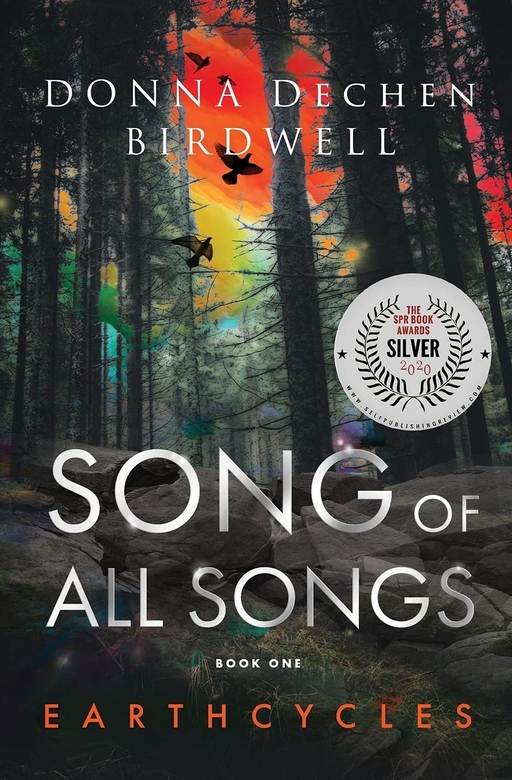
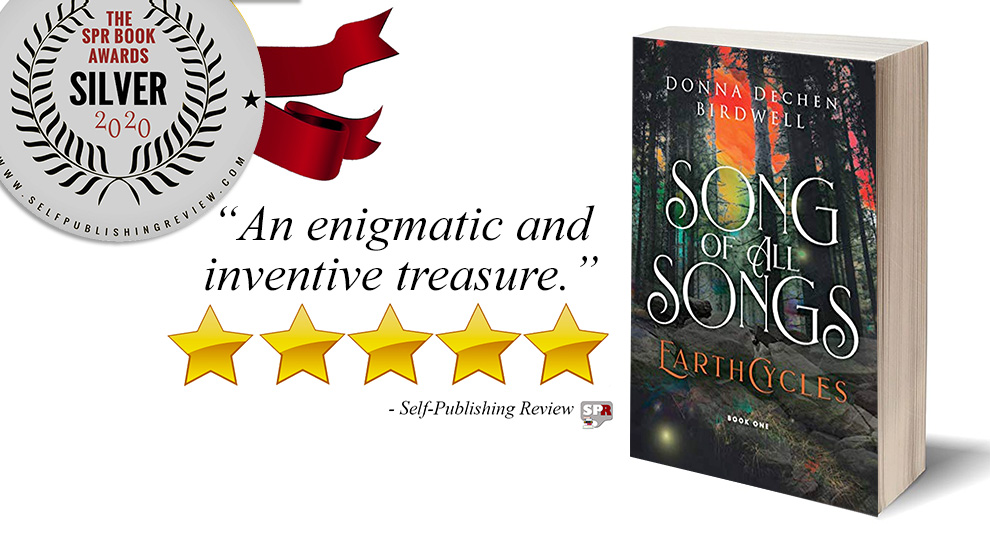







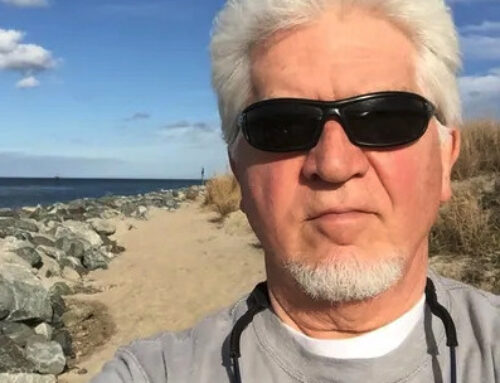
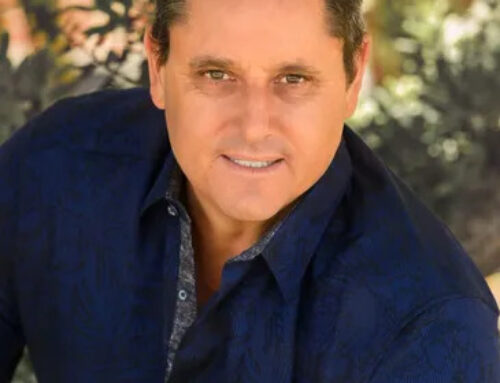
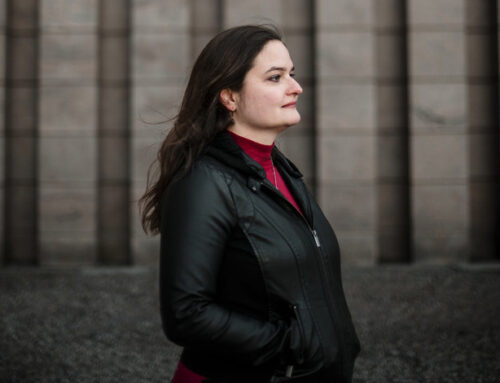
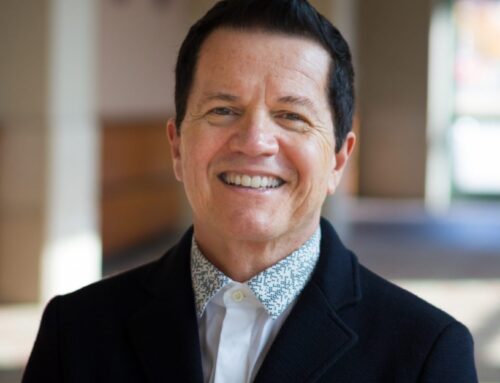
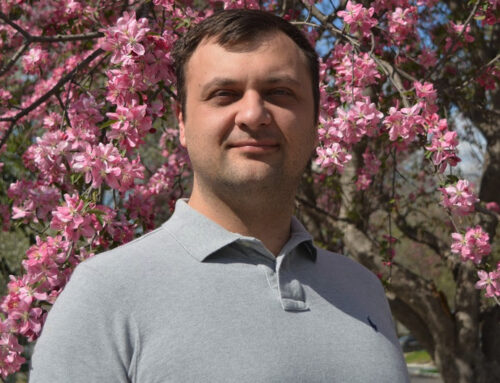
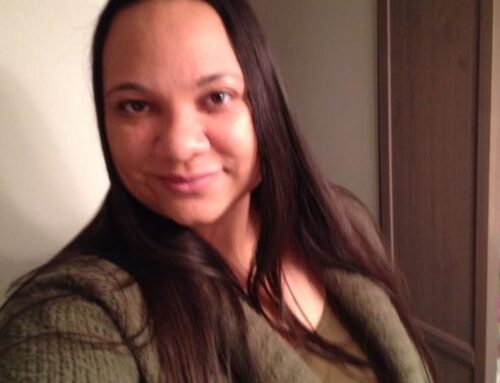
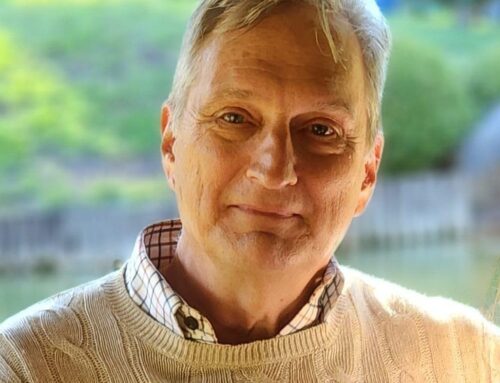
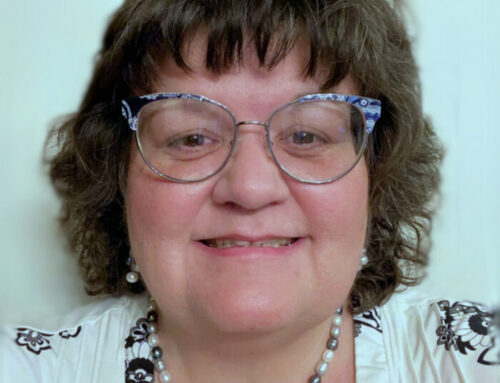
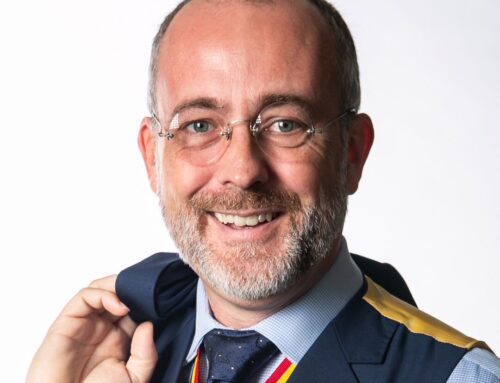
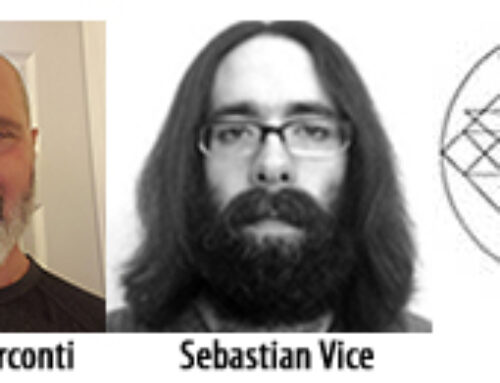
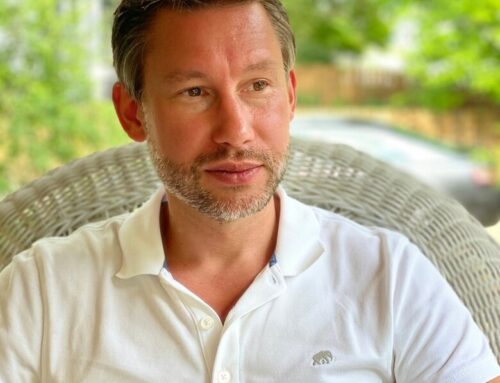
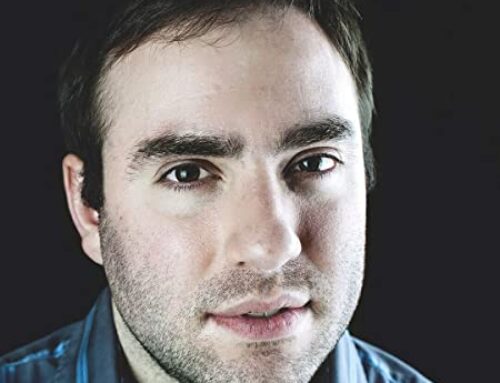
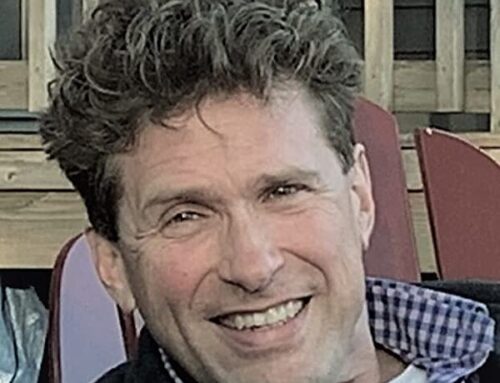
Leave A Comment